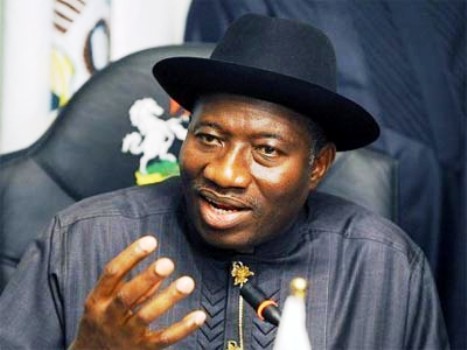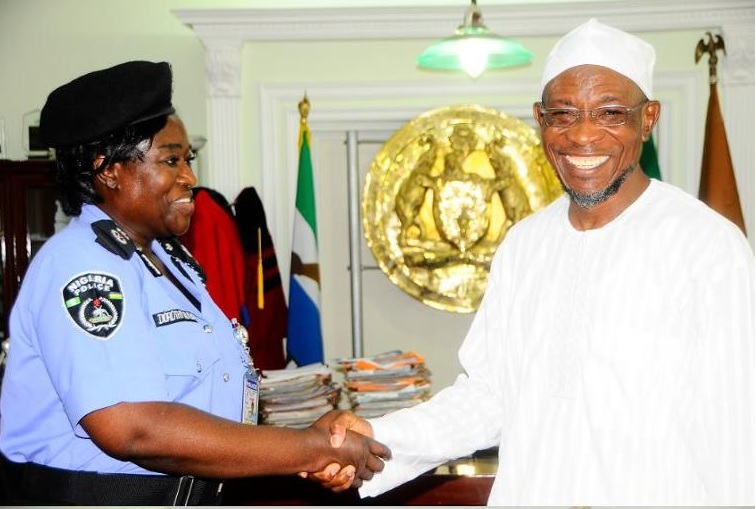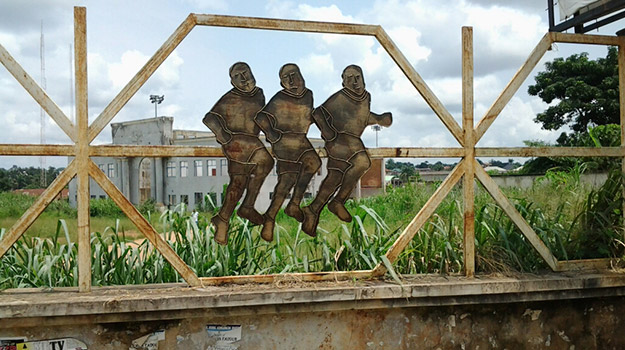President Goodluck Jonathan has declared a national emergency to “control and contain” the Ebola virus in Nigeria, banning the movement of corpses from one community to the other as well as from outside the country.
He has also approved a special intervention plan and the immediate release of N1.9 billion for its implementation.
The full extent of the emergency and its implications were, however, not stated in the press statement by presidential spokesman, Dr. Reuben Abati, which he issued on Friday evening.
But they are not expected to be as drastic as those adopted by Liberia, which declared an emergency on Wednesday and moved troops to check the movement of people from infected areas to other parts of the country.
Advertisement
Some other emergency measures listed in Abati’s statement are:
- The public should follow all directives by health authorities and report any suspected Ebola case to the nearest health facility for immediate medical attention.
- The movement of corpses from one community to the other, and from overseas into the country, should be stopped forthwith
- The public should desist from spreading false information about Ebola which can lead to mass hysteria, panic and misdirection, including unverified suggestions about the prevention, treatment, cure and spread of the virus.
- Every death should be reported to the relevant authorities, and special precautions should be taken in handling corpses.
- Religious and political groups, spiritual healing centres, families, associations and other bodies should discourage gatherings and activities that may unwittingly promote close contact with infected persons or place others at risk.
- Public enlightenment agencies, including privately-owned media organs should support government’s efforts and disseminate correct information in all Nigerian languages, about preventive personal hygiene measures, the nature of the Ebola virus, modes of transmission and consequential steps to be taken in the event of infection.
- State governments and private day care, nursery, primary and secondary schools owners should consider the option of extending the current school holiday until such a time when a national reassessment of the level of the Ebola threat is conducted.
- NEMA and similar agencies at the state level should strengthen their public enlightenment campaigns and to use their networks to distribute hand sanitisers and other protective items nationwide.
- Aviation and health authorities should embark on immediate intensification of the screening of travelers at all the nation’s borders.
Jonathan, according to Abati, has directed the federal ministry of health to work in collaboration with the state ministries of health, the National Centre for Disease Control (NCDC), the National Emergency Management Agency (NEMA) and other relevant agencies to ensure that all possible steps are taken to effectively contain the threat of the Ebola virus “in line with international protocols and best practices”.
The special intervention plan is to “further strengthen on-going steps to contain the virus such as the establishment of additional isolation centres, case management, contact tracing, deployment of additional personnel, screening at borders, and the procurement of required items and facilities”, Abati said.
Advertisement
He said the effective implementation of the plan “will require other stakeholders to take certain precautionary steps that are supportive of the government’s initiative”.
Add a comment






